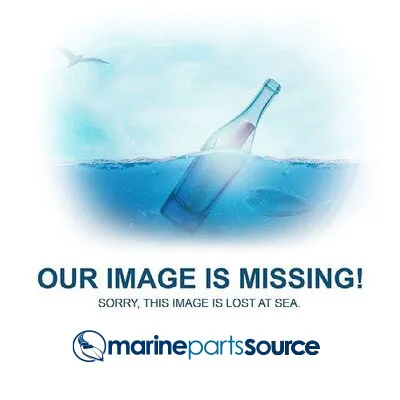How to Select the Right Winch for Your Boat Trailer
When the winch on your boat trailer starts to fail or not work as well as it used to, you'll want to replace it. And while replacing a winch is not too challenging, identifying the correct winch for your trailer can be. There are so many variations of winches available in the market, that finding the right one for your application can often be a confusing process. By following these simple steps, you can ensure that you get the right winch to do the job for you.
Weight Capacity
The first and most important feature of your trailer winch that you must consider is its weight capacity. You have to select a winch that is strong enough to do the job of pulling the boat onto the trailer. The minimum winch capacity should never exceed the maximum load weight on the trailer. When calculating the maximum load weight, don't just use the weight of the boat. You also need to factor in the weight of the motor, the fuel and any gear you will have on board. To calculate the winch capacity needed, divide the total weight of the load by 2. If you're operating in shallow water or on a steep incline boat ramp, you may want to divide the load by 1.5 to determine winch capacity.
For example, if your total load weight of the boat, fuel, motor and gear equals 2,800 lbs., you will want to select a trailer winch with a minimum capacity of 1,400 lbs. Or, if you are operating on a steep ramp, you may want a winch with a minimum capacity of 1,900 lbs.


Material
Over time, winches can corrode and deteriorate. How quickly that corrosion happens depends largely on what type of material the winch is made of and whether there is any plating on the winch. Most winches are made of either steel or aluminum. Aluminum is a better choice in harsher saltwater environments. Protective barriers like Z-MAX or black powered coating can also help protect the winch and prolong its life.
Single-Speed or Two-Speed
Depending on the situation, the cranking resistance you face when pulling your boat with the winch can change, and so you may need some flexibility from your winch for these different situations. If you're dealing with a lighter boat, then you may only need a single-speed winch to get the job done. However, heavier boats will likely require two-speed winches.
Two-speed winches give you both a fast and slow speed. With each of these speeds, the gear ratio also changes. The faster speeds will have a lower mechanical advantage, and is preferable for situations with less resistance, like a modest incline and deeper waters. For more challenging situations where more power is needed, you can switch to a slower speed which will offer a higher mechanical advantage.
Also, while manual winches are fine for many applications, the heaviest loads may require an electric winch, which can operate at much higher mechanical advantages and provide more power than the average manual winch.
Cables or Straps
Another feature affected by the nature of the load will be whether the winch uses a cable or a strap for pulling. Heavier loads will require the strength that comes from steel cables. However, cables can be prone to getting tangled or snarled, so you may want to pay attention to some of the winding features of a cable winch to make sure there are mechanisms to avoid those issues. Manual winches are more likely to use straps or rope for pulling, and these are usually fine for lighter loads and smaller boats.
You have a lot of options available to you when selecting a winch for your boat trailer, but don't get intimidated! These basic observations above will get you to an appropriate winch for your application. If you have more questions about the right winch for your trailer, you can always call the ABYC-certified experts at Marine Parts Source at (866)388-0390.


